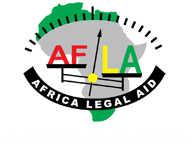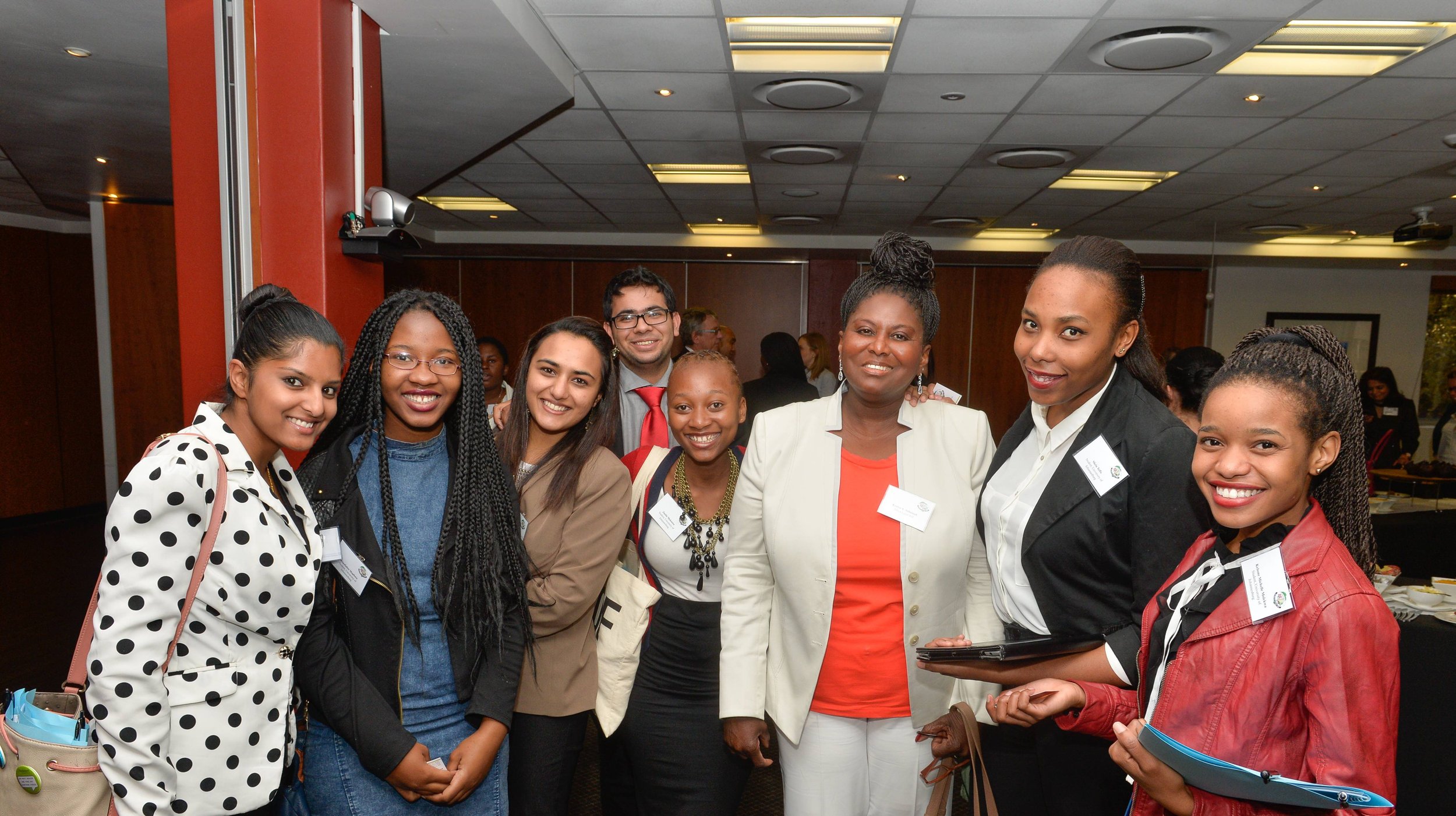
AFLA Conference Reports
-

Symposium on Preventing Gender-based Violence in Southern Africa (2023)
Africa Legal Aid and the Centre for the Study of Violence and Reconciliation convened a timely symposium on the theme: Preventing Gender-based Violence in Southern Africa. This timely symposium brought regional, national, and local actors together with experts and resource persons to connect, deliberate, and devise gender-responsive strategies, with a focus on the prevention of gender-based violence in Botswana, Lesotho, and South Africa.
-

Emerging Trends on Complementarity: Consultations with Stakeholders in Africa (2018)
As part of its ongoing efforts to ensure that the most serious crimes of international concern are dealt with by the justice sectors in the countries where the crimes were committed, or as close as possible to the countries concerned, in 2018, Africa Legal Aid (AFLA) convened consultation meetings with stakeholders from Central, Eastern, and Western Africa, on 'Emerging Trends on Complementarity'.
-

Nouvelles Tendances en Matière de Complémentarité: Concertations Entre Parties Prenantes en Afrique (2018)
Dans le cadre de ses efforts consistant à veiller à ce que les secteurs judiciaires des pays dans lesquels ou près desquels les crimes internationaux les plus graves ont été commis poursuivent les auteurs concernés, Africa Legal Aid (AFLA) a organisé des concertations en 2018 entre parties prenantes d'Afrique centrale, orientale et occidentale. Le thème de ces concertations portait sur les ‘Nouvelles tendances en matière de complémentarité en Afrique’.
-

Carrying Forward the Legacy of the Extraordinary African Chambers in the Habré Trial: An African Solution to an African Problem (2017)
The theme of the seminar was ‘Carrying Forward the Legacy of the Extraordinary African Chambers in the Habré Trial: An African Solution to an African Problem’. The meeting was held in Addis Ababa, Ethiopia from 3 - 4 July 2017. The seminar was divided into eight themes, which were intensively discussed over two days.
-

ICC Withdrawals: Is Africa Running Away from Justice? (2016)
AFLA is proud to convene it with the Southern Africa Litigation Centre and its very able and dynamic international criminal justice lawyer Angela Mudukuti. Executive Director Evelyn A Ankumah pointed out that the decisions from some African countries to withdraw from the ICC fall within their sovereign rights, and that the ICC Statute indeed allows states to withdraw. On the other hand, she emphasized that we are entitled to be concerned about such withdrawals and that we are entitled to be curious about the motivations behind these decisions. We may also address them and come up with proposals on how to stop these withdrawals and perhaps even prevail upon Burundi, South Africa, and the Gambia to reconsider their decisions to withdraw from the ICC.
-

The Habré Trial and the Evolution of Universal Jurisdiction (2016)
The theme of the Seminar was 'Complementarity, the Hissene Habré Trial and the Evolution of Universal Jurisdiction'. It was held in Dakar from 30th May to 1st June 2016. On the morning of the 30th of May, the participants were transported to the High Court to observe first hand the delivery of the judgment in the Hissene Habré trial. This was followed by the opening session of the Seminar in the afternoon. The Seminar was then separated into 6 themes, which were intensively discussed over the next two days.
-

Le Procès d' Hissène Habré et L'évolution de la Compétence Universelle (2016)
Prévu du 30 mai au 1er juin 2016 à l’Hôtel Novotel à Dakar, le séminaire sur la complémentarité, le procès d' Hissène Habré et l'évolution de la compétence universelle commence effectivement le 30 mai. En matinée, les participants prennent part au prononcé du jugement dans l'affaire Hissen Habré. La cérémonie d’ouverture a lieu dans l’après-midi, présidée par Aminata Fall Cissé en lieux et place de son excellence Sidiki Kaba, ministre de la justice du Sénégal et président de l’Assemblée des Etats Parties au Statut de Rome de la Cour Pénale Internationale excusé pour des raisons d’Etat.
-

Africa and the International Criminal Court: Lessons Learned and Synergies Ahead (2014)
The conference is part of AFLA's on-going dialogue on the International Criminal Court (ICC) and Africa, exploring challenges and synergies that could benefit the ICC in achieving its mandate; as well as improve cooperation between the ICC and Africa. The conference was divided into nine thematic sessions with a diverse range of speakers from the ICC and UN bodies, the African Union (AU), and officials of State parties to the ICC including Ghana, Uganda, South Africa, Zambia, Estonia, Finland, The Netherlands, Norway, and non State Parties such as Libya.
-
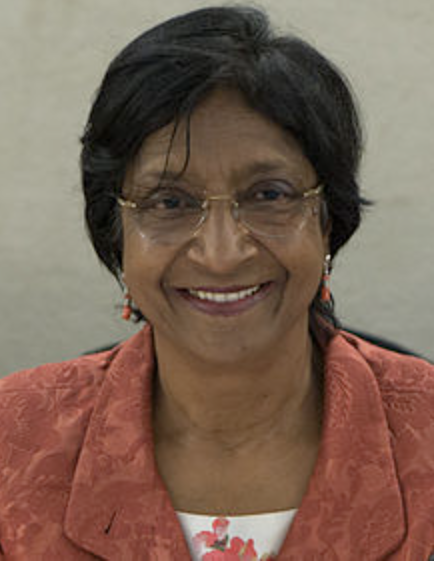
Africa and the ICC: Lessons Learned and Synergies Ahead
African States have been at the forefront of important international and regional endeavours to ensure respect for human rights. The African Charter on Human and People’s Rights, in its preamble, stresses that “freedom, equality, justice and dignity are essential objectives for the achievement of the legitimate aspirations of the African peoples”. The Charter further underlines the indivisibility and interdependence of rights and that the human person has both rights and duties.
-

Intensifying International Criminal Tribunal (ICT) Cooperation in Africa: Protection of Victims and Witnesses: The African Experience
The protection and support of witnesses and victims before the International Criminal Tribunal for Rwanda (ICTR) and the Special Court of Sierra Leone have been in Africa excellent tools for ensuring fair, transparent and equitable justice to both the victims and the accused persons. Witnesses are a key component of the judicial process before both jurisdictions in Arusha and Freetown given that much of the evidence consists of oral testimony.
-

The Victim in Focus: the Experience of the Trust Fund for Victims
It is my great honour and pleasure to address you at this timely event that brought us all together in Johannesburg. I am deeply grateful to the organizers of this seminar, Africa Legal Aid in cooperation with the International Commission of Jurists-Kenya (ICJ-Kenya) and the Center for Internationalisation at the University of Johannesburg.
-

Defense Perspectives
This year has seen some welcome developments in cooperation in the first Memorandum of Understanding signed agreement concerning the interim release of detainees, made between the ICC and the Belgian government (10 April 2014). Belgian became the first country to indicate a willingness to accept suspects and accused on provisional release. The terms indicate that they can receive detainees of the Court on its territory on a temporary basis and under conditions established by the competent Chamber.
-
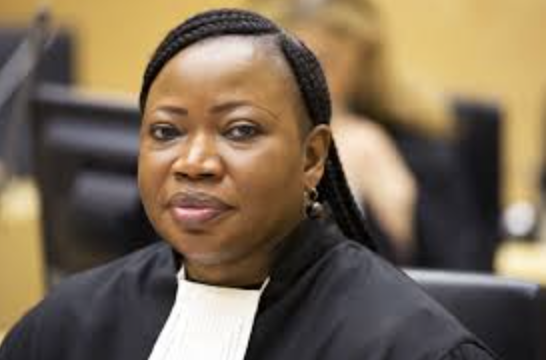
Africa and the ICC: One Decade On
I join previous speakers in acknowledging and commending Africa Legal Aid for its important contribution to advancing the course of international criminal justice. My thanks go to you Evelyn and your co-hosts for your unyielding commitment to this cause, for the organisation of this conference and for affording me the opportunity to be here today amongst such distinguished panellists and audience.
-

L’Afrique et la Cour Penale Internationale (CPI): Sensibilisation des Pays Francophones et d’Afrique du Nord (2013)
Veuillez trouver le lien vers le compte-rendu de la conférence sur "L’Afrique et la Cour pénale internationale (CPI): Sensibilisation des pays francophones et d’Afrique du Nord", organisé par Africa Legal Aid, en partenariat avec l'Institut Arabe des Droits de l'Homme et Avocats sans Frontières Suisse les 14 et 15 novembre 2013.
-

Africa and the ICC: 10 years on (2013)
On the occasion of the 10th anniversary of the International Criminal Court (ICC), Africa Legal Aid (AFLA), in cooperation with the International Legal Assistance Consortium (ILAC), the Commonwealth Secretariat and other stakeholders1 convened a 2 days conference entitled “Africa and the ICC: 10 years on”. Ten years after the entry into force of the ICC Statute, the time is opportune to take stock of what impact the ICC and international criminal justice have had on the African continent. The conference was held in Arusha, Tanzania from 28th February to 1st March, 2013.
-

Human Rights and Business: African Perspectives (2012)
Advancing its Human Rights & Business Programme launched in 2011, Africa Legal Aid (AFLA) convened a series of events starting May 2012, examining the interface between corporate accountability and human rights on the African continent. The programme featured a high level Pan-African conference bringing together business leaders, legal experts, civil society representatives, and public officials in Johannesburg, South Africa, 5-6 July 2012. The academic component of the programme is complemented by an editorial dimension, through the upcoming publication of an AFLA Quarterly issue dedicated to Human Rights and Business
-

AFLA 10 Years Activities and Results (2012)
Africa Legal Aid (AFLA) is an influential pan-African entity working to promote accountability and end impunity for gross human rights violations. AFLA provides leadership and support to various human rights and justice sectors in Africa. While not a gender-specific organization, AFLA has had a bias for gender equality and gender justice in its work not least because women play a leadership role with the organization. Through its cooperation with the International Criminal Court (ICC) and other key international, regional and national bodies, AFLA has spearheaded the contribution of much needed African perspectives to the evolving regime of international justice. Over the years, AFLA has created an extensive and impressive network of human rights and justice advocates, gender advocates, academics, judges of national and international courts, policymakers and opinion leaders. These have become loyal supporters of AFLA and its objectives.
-
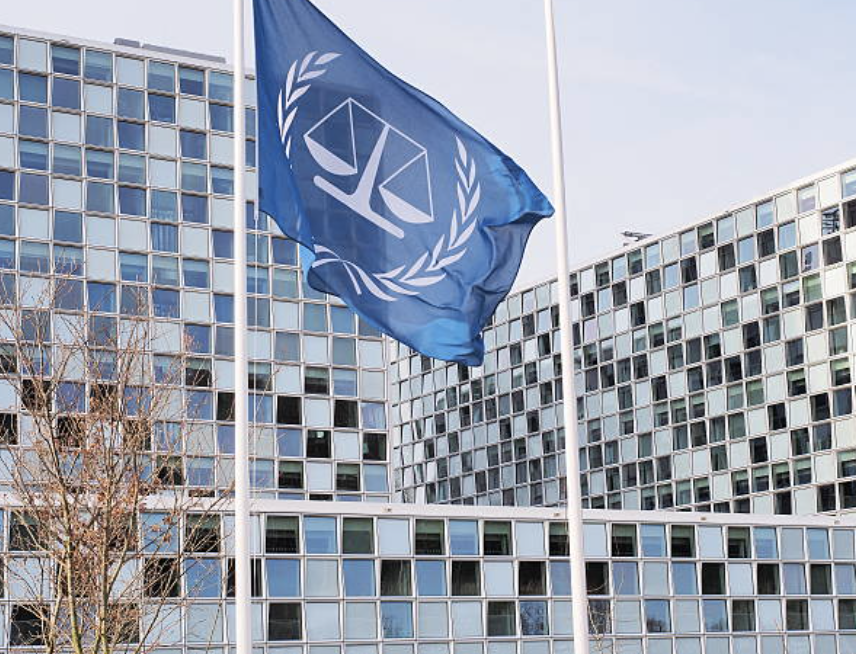
The International Criminal Court in a Politically Divided World (2011)
The conference on the “ICC in a Politically Divided World” was convened by Africa Legal Aid (AFLA), in cooperation with the Commonwealth Secretariat, and the International Legal Assistance Consortium (ILAC). The meeting was held from 21-22 October 2011 to coincide with Africa Day of Human Rights. Gaborone, Botswana, was chosen as the venue for this conference because of Botswana’s principled stance on international justice. The categories of participants included several NGOs, human rights and justice sectors, legal fraternities, and high level officials of ICC State parties from various parts of Africa particularly Commonwealth African countries; International organizations and high level officials of the International Criminal Court including the Deputy Prosecutor participated.
-

Pilot Workshop on Human Rights and Business (2011)
The main objective of the seminar was to explore the role of big business in human rights protection and analyze ways of cooperative and sustainable partnership between public sectors and big business. Corporations and enterprises could have greater power than governments. Therefore, they may breach human rights on a much larger scale. However, they could also substantially contribute to the promotion of human rights. Africa Legal Aid (AFLA) Conference was set to explore this very important topic that has not been given the attention it deserves.
-

AFLA Narrative Report (2010)
Africa Legal Aid has been at the forefront of addressing the complex issues posed by international justice. It has sought to increase accessibility of the ICC to human rights and justice sectors in Africa. As well, AFLA has spearheaded efforts to incorporate African perspectives in the global campaign to promote accountability and end impunity for gross human rights violations.
-

Ghana Domestic Violence Act and Contemporary Forms of Gender-Based Violence (2010)
To commemorate International Women‟s Day, celebrated around the world, from 8th March, Africa Legal Aid (AFLA), in cooperation with the Commission on Human Rights and Administrative Justice of Ghana, (CHRAJ) convened a Forum on the Ghana Domestic Violence Act and Contemporary Forms of Gender-Based Violence, in Accra, Ghana. This Forum was part of AFLA‟s ongoing Gender Justice Campaign to raise awareness on contemporary forms of Gender Violence and in particular, highlight marginalized and undertreated areas including inter alia the Media and Gender Violence, and Defining Sexual Violence. Gender Mainstreaming in human rights and international justice was a recurring theme. One of the main outcomes of the Forum is that it highlighted the need to expand Gender Crimes to include emerging and undertreated offences that are gendered in nature and scope
-

Africa Legal Aid (AFLA) and the International Criminal Tribunal for Rwanda ICTR) Adopting a Holistic Approach to Gender Justice (2009)
AFLA’s Executive Director, Evelyn A. Ankumah informed S.E. Maitre Abdoulaye Wade President of Senegal and the audience that Dakar was specially chosen as the venue for Gender Justice Forum II, because of Senegal’s leadership in Africa, and in Francophone Africa in particular. She said AFLA is intensifying its efforts to reach out to Francophone Africa and could use the goodwill and support of this very important African country. She concluded that the Gender Justice Forum will increase the capacity of Women’s groups, particularly those in conflict and post-conflict regions to address Gender Justice and create effective partnerships for change. Significantly, it will highlight the contribution of much needed African perspectives to international criminal justice. She thanked the President of Senegal, S.E. Maitre Abdoulaye Wade, for having accepted AFLA’s invitation to participate, and for his support and goodwill.
-
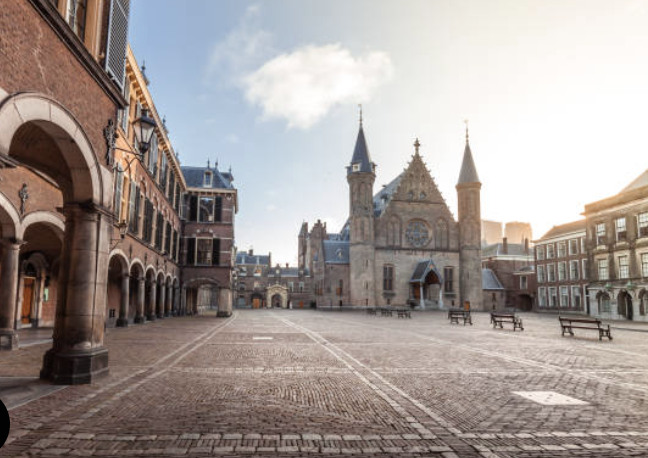
The Gender Justice Hague Forum
On 7th and 8th July 2008 Africa Legal Aid (AFLA), in cooperation with the International Criminal Tribunal for Rwanda (ICTR) and the Women’s Initiatives for Gender Justice, organised a Gender Justice Forum in The Hague. This was the first event of a year-long program convened by AFLA in cooperation with the ICTR on gender justice and the legacy of the ICTR. The Program aims at assessing the merits and challenges of the pioneering work and revolutionary jurisprudence of the ICTR, and devising means on how this work can be carried forward by inter alia the International Criminal Court (ICC), relevant UN bodies and national courts in curbing violence against women, empowering women and promoting gender equality (UN Millennium Development Goal No. 3) among others.
-

Africa and the International Criminal Court: Presented by Fatou Bensouda
I wish to thank Africa Legal Aid and the Centre for African Renaissance Studies (CARS) of the University of South Africa (UNISA) for inviting me to join this debate, which relates to an important facet of our current activities. I will discuss with you today the relationship between the ICC and Africa, after which I would like to solicit your views and insights on how this relationship can be further developed. As you may be aware, African countries played an important role in the negotiation of the Rome Statute of the Court, and the result of that process was a comprehensive treaty establishing the first permanent, international court to investigate and prosecute the most serious crimes of international concern.
-
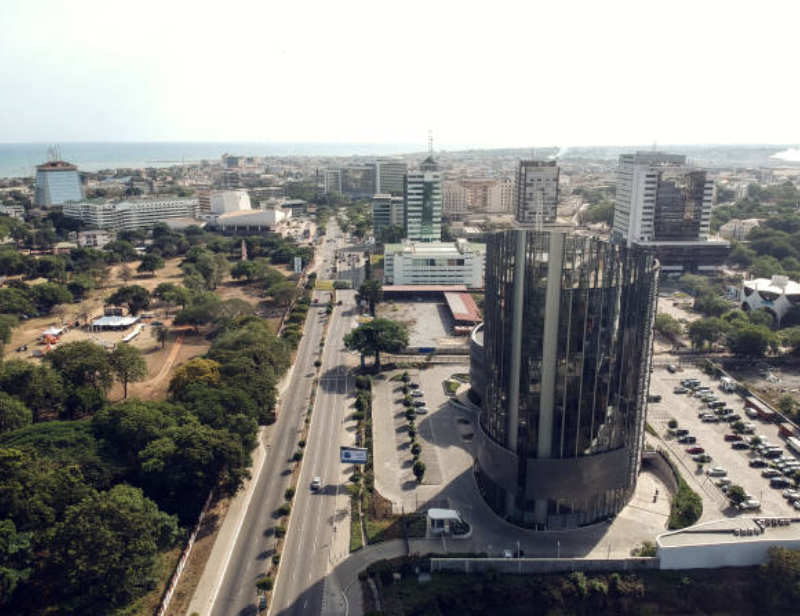
Narrative Report on Introducing the New African Court on Human and Peoples’ Rights (2006)
In a milestone step in the process of creating the African Court on Human and Peoples’ Rights, the African Union appointed the first eleven judges to the Court. Africa Legal Aid (AFLA) in cooperation with the Ministry of Justice of Ghana held a high-profile, two-day Pan African event on 1 and 2 December 2006 to introduce the new African Court on Human and Peoples’ Rights to Human Rights and Justice Sectors, especially, Civil Society. Dignitaries from different parts of Africa participated in the Conference.
-

The Ethics of Africa’s Governance Rights Rules and Relativism (2004)
The issue of whether human rights are universal is linked to the wider issue of whether there is such a thing as a universal moral standard or a universal ethical code. I propose to argue that there is indeed a universal moral standard, but we do not know it yet. What will one day be acknowledged as universal is unfolding slowly? There are denominations of Islam which believe in a Hidden Imam, guiding us mysteriously without being seen. Universal human rights are the equivalent of a Hidden Imam, revealing himself slowly but not yet completely.
